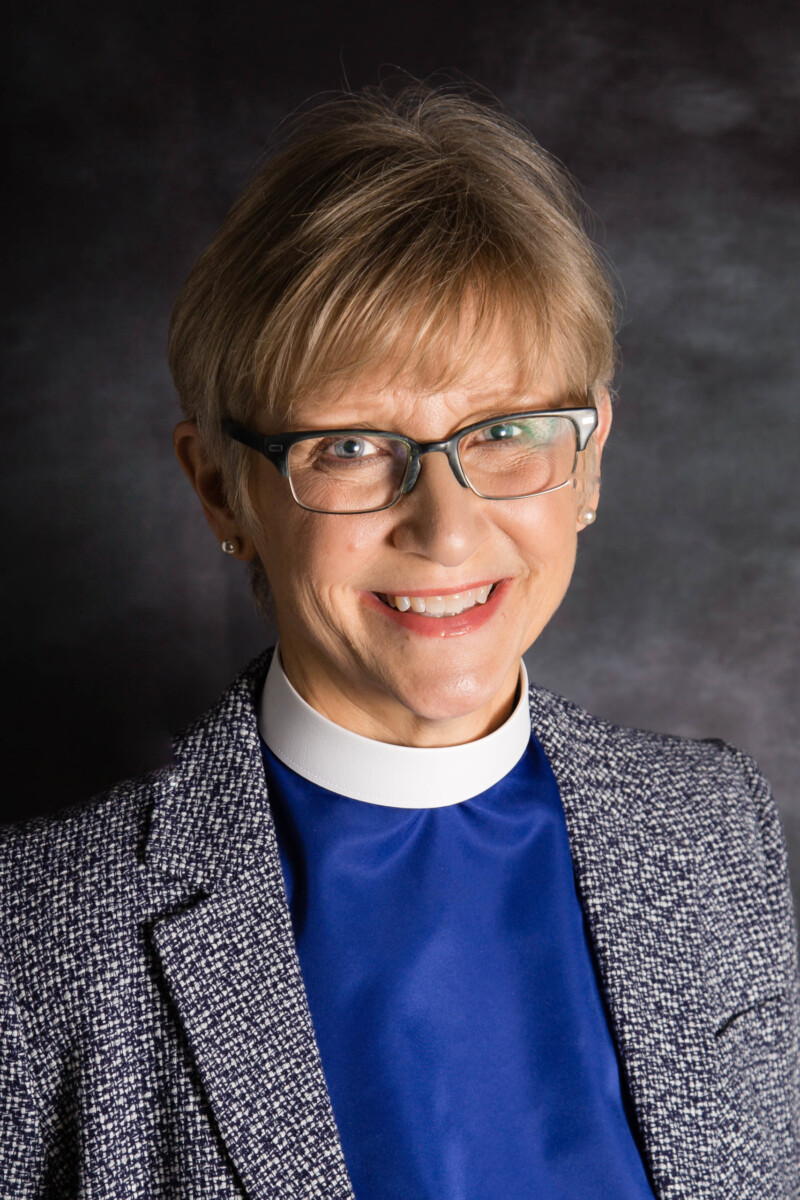by Deb Mechler
As I approached my departure from parish ministry, people were curious. They asked me what I will do next. It seemed easiest to tell them that I was taking a couple of months’ sabbatical, a break from ministry before determining my next steps. I didn’t tell them that I was feeling God calling me to a wilderness time, and I figured the next steps would emerge soon enough. The wilderness itself is the destination. One does not get a syllabus or agenda upon entering; openness and patience are the only tools I will be allowed to take with me.
In the past, I have learned that spiritual time in the wilderness functions in a variety of ways. It can be a time of learning to trust God, as in the book of Exodus. Paul mentions the time he had to be away from Jerusalem after his conversion (Galatians 1.17-18). My guess is that he did as much unlearning as learning in that interlude. In the past I have developed new perspectives and deeper trust in God from times of darkness or spiritual solitude.
Wilderness itself seems unproductive at first glance, but it yields growth out of its barrenness if we have the courage to embrace it. With only ourselves for company, the inner landscape beckons, and we have time to uncover intriguing—or disturbing—parts of ourselves we never knew were there.
In such times familiar comforts and distractions are ineffective, if not altogether absent. We can see them for what they are, and unmask the urgency of their appeal. It occurs to me this time around that sustained time in the wilderness can force me to identify and seek those things that I need in order to survive. Was this at work in Jesus when he spent his forty days fasting and praying in the wild?
It is interesting that the first words out of Jesus’s mouth were, “One does not live by bread alone, but by every word that comes from the mouth of God,” quoting the exhortation to the people of God after the forty years of their own wilderness sojourn. Thus Jesus defines the distinction between his life—and his followers’ lives—and an existence focused on physical survival alone. True life, to him, has its source in God’s self-revelation to us.
This begs an existential question about times in the wilderness: What is required for me to be fully alive? “Every word that comes from the mouth of God” covers a lot of spiritual territory. I wonder about any connection between Jesus’ desert orientation and the Beatitudes. Was Jesus describing the people who are most alive? The poor in spirit, those who mourn, are meek, hunger and thirst for righteousness, are merciful and pure in heart and lovers of peace, even those who suffer persecution for his sake—do they have the greatest capacity for awareness and love in the reign of God? (Matthew 5.1-12) Did Jesus have these in mind when he denied the temptations to make bread, try base jumping, and claim his rights as sovereign?
The gospel text for the Third Sunday of Pentecost has Jesus resurrecting the son of a widow in Nain (Luke 7:11-17). It seems to me that these stunning, life-creating miracles of Jesus are not highlighted as superlative to his other miracles in the gospels, at least until he raises Lazarus to life after three days in the tomb. I don’t think it is a stretch to infer that the saving work of Jesus is about more than restoring people to physical life or even good health. There is something about the abundant life in God that is richer and deeper than possessing a heartbeat. I imagine that many people who have been thrust to the brink of death and come back from it might have something to tell us about this.
I needed my own holistic rebirth a few years ago at a low time in my emotional and professional life. I was ground down by the responsibilities of parish ministry, so I went to Quiet Waters in Parker, Colorado for two weeks of therapy and retreat. It was a time of deep rest and evaluation of my habitual ways of functioning. One of the exercises during the second week was identifying my personal vision and values, as well as the specific ways those would be enacted moving forward. I was able to tease out my values such as transcendence, impact, and beauty. These are life-giving aspects of my humanity, and occasionally checking my attentiveness to them has indeed helped me appreciate the richness of life more fully than before.
I suppose my time in Colorado was not a wilderness, but a chance to interpret the wilderness I had been experiencing in ministry. I had felt alone and exhausted, unsure of who I was and wrestling with my call. It was only in retrospect that I could mine the gifts of that desperate time. I had expert assistance in finding my way back to health and joy. From my brokenness, a new energy—new life!—emerged.
The fallow time I am entering is intentional this time, and I am aware of many forces from both within and without that I need to fend off to protect it. Inner gremlins niggle, books tantalize, my smart phone vibrates in the next room. Gradually I will get better at dismissing them and allowing myself to sit with the question I pray God will help me answer. What do I need in order to be fully alive?
Deb Mechler is a Reformed Church minister on hiatus. She and her husband, Dean, live in Spencer, Iowa,

